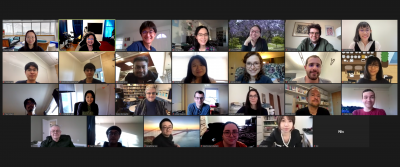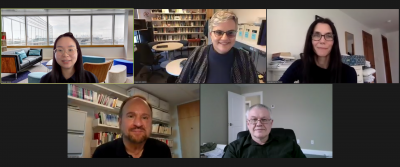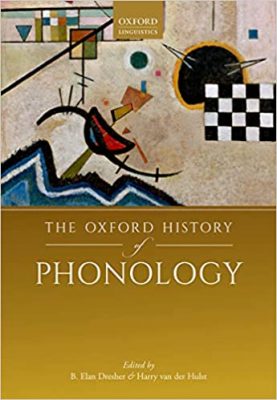The 58th annual meeting of the Chicago Linguistics Society (CLS) is taking place in-person on April 22-24, and UConn linguistics will be well represented at the conference with talks by:
- Linghui Eva Gan. Question Answer Pairs in Hong Kong Sign Language
- Penelope Daniel. Deriving Interpretive Effects of Spanish DOM
- Xuetong Yuan. Establishing Discourse Relations: Two Contrastive Markers in Mandarin
- Tarcisio Dias. Hyper-Raising and the Voiding of Freezing Effects
- Nicolaus Schrum and Jon Sprouse. The Sustained Anterior Negativity as a Diagnostic for Movement in How-Come Questions
… and poster presentations by:
- Robin Jenkins. Covert Raising & Finite ECM in Turkish, Uyghur, & Japanese
- Si Kai Lee. On Syntactic Tenselessness in Singlish: Evidence from Eventivity
- Kazuya Kudo and Koji Shimamura (PhD 2018, now at Kanazawa Gakuin University & Kobe City University of Foreign Studies). On the Adjectivalizer -si in the Reduplicated & Deverbal Adjectives in Japanese
- Beccy Lewis. A New Analysis of Associative Plurals: Evidence from Slavic languages


